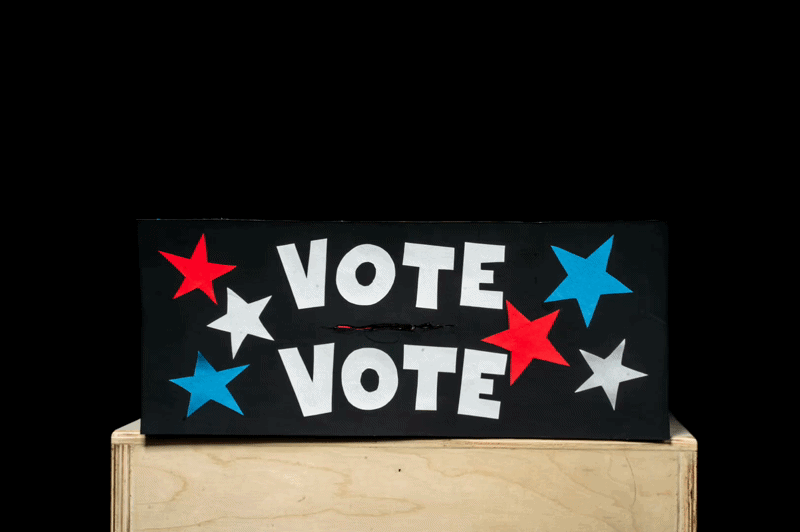When Martin Luther King Jr. stood at the Lincoln Memorial in 1963 and delivered his famous "I Have a Dream" speech, he fought for equal treatment of minorities.
Today, many people believe King's "dream" is being fulfilled through the passage of Proposal 2 on Nov. 7, 2006. The proposal is a piece of legislation that banned the preferential treatment of people based on color, race, national origin, gender and ethnicity in college admissions and government hiring and contracting.
"(King) said that he wanted his children to be judged based on the content of their character and not the color of their skin," said Jeff Wiggins, a history senior and chairman of the MSU College Republicans. "That's exactly what Proposal 2 does — it bases (admissions or hiring at public institutions) not on how someone looks — it bases it on their merit."
Wiggins said the proposal's passing was a step toward King's dream.
"He made it abundantly clear that we can't have a society that judges people on something that they cannot determine themselves, like where they come from and what they look like," he said.
Wiggins said this generation of college students will be able to diversify without affirmative action because this generation does not live with racism like the people of King's time did.
"The college campus is a great place for people of all backgrounds to be," Wiggins said. "The university has been created as a place where diversity can succeed. However, we must keep in mind that while diversity is a great thing, it should not be the only thing."
Young Americans for Freedom chairman Kyle Bristow debated in favor of Proposal 2 on Oct. 25, 2006, in the auditorium of Wilson Hall. In his opening and closing remarks, he referred to King's "I Have a Dream" speech.
"Martin Luther King Jr. advocated for true equality," Bristow told The State News on Sunday. "He didn't want people to be judged by the color of their skin."
Bristow, an international relations sophomore, also said he believes if King were still alive, he would have been an advocate for the proposal.
"If he didn't, then I guess he wasn't the man the civil rights people believe him to be," he said. "I honestly believe he advocated equality."
Eric Gregory, Bristow's opponent in the debate, argued against the proposal. Gregory is a political theory and constitutional democracy junior who ran for 41st District state representative in Oakland County in November 2006. He said it's impossible to say if King would be for or against the proposal.
"Basically, Proposal 2, to those who say they are supporting Martin Luther King Jr.'s dream, are saying they don't want to admit that the problems caused by racism and those things actually exist," he said. "More than anything else, (the proposal) is saying that we're just going to ignore these problems."






